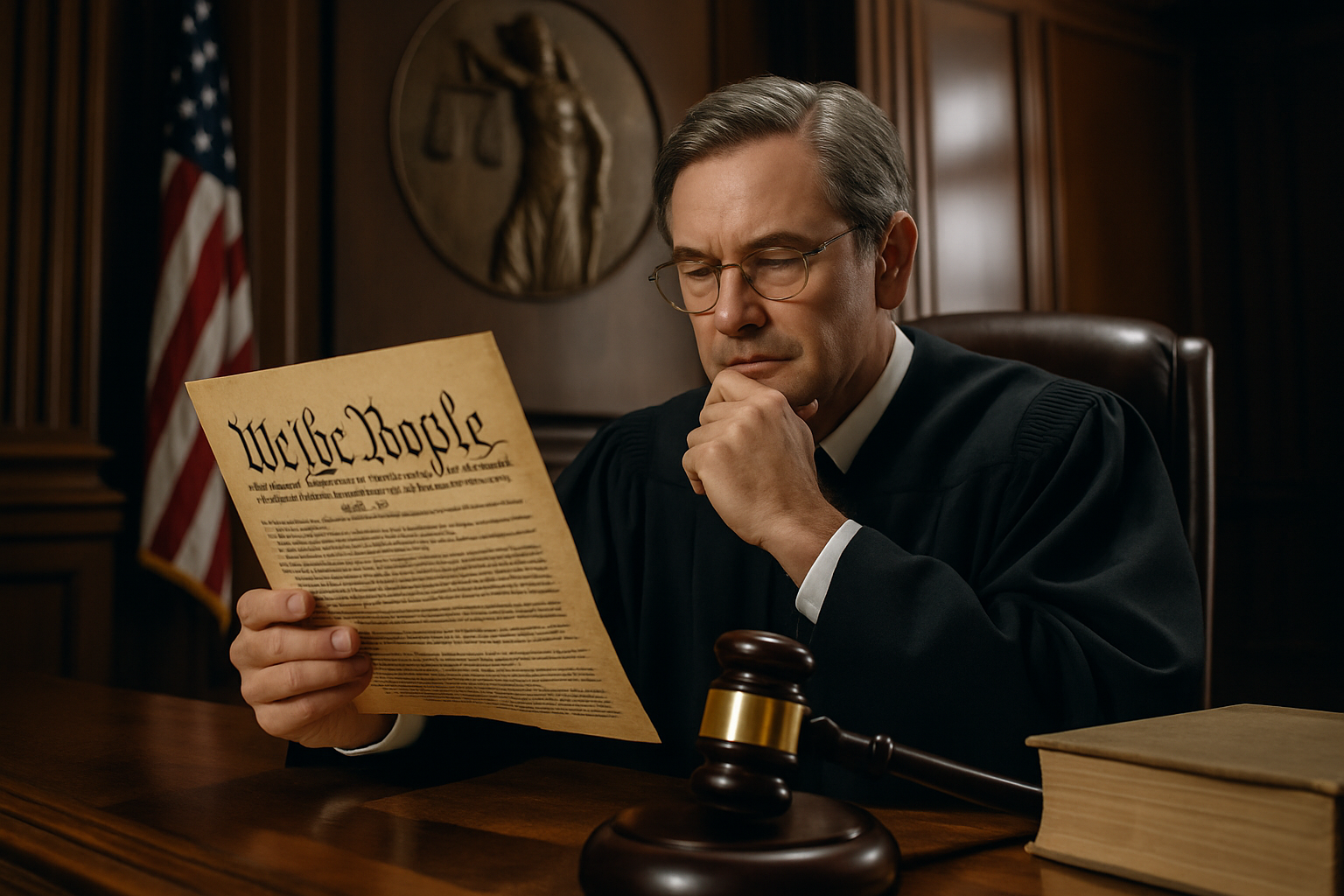Evaluating the Role of Judicial Review in Democracy
In the complex realm of law and governance, one principle stands out for its extraordinary influence on the democratic process – judicial review. This article delves into the origins, current updates, and societal implications of this powerful legal tool.

The Genesis of Judicial Review
Judicial review traces its roots back to the landmark U.S. Supreme Court case Marbury v. Madison (1803). This case set the precedent that the judiciary has the power to review, interpret, and invalidate legislation if it contradicts the Constitution. Judicial review has since become an integral part of democratic governance, serving as a check on legislative and executive powers.
Contemporary Usage of Judicial Review
Over the years, the application of judicial review has evolved. It now extends to reviewing administrative decisions, making it a crucial tool in holding the government accountable. In recent years, courts worldwide have exercised judicial review in cases involving climate change, human rights, and election laws, amongst others.
Legislative Changes and Judicial Review
The relationship between legislative changes and judicial review is symbiotic. While courts interpret and apply laws, their decisions based on judicial review can, in turn, influence law-making. For instance, landmark court rulings have led to significant legislative changes in areas like civil rights, environmental protections, and healthcare.
Judicial Review and Its Societal Impact
The impact of judicial review on society is profound. Its primary function is to uphold the rule of law, ensuring that no branch of government exceeds its constitutional limits. By preserving the balance of power, judicial review plays a critical role in maintaining democratic order. It also has a direct impact on citizens, as it can protect individual rights and liberties from potentially harmful legislation or executive actions.
The Future of Judicial Review
As legal landscapes continue to evolve, so too will the role of judicial review. Emerging issues like digital privacy rights, artificial intelligence, and global pandemics pose new challenges to constitutional interpretations. The judiciary’s ability to adapt and respond to these changes will significantly shape the future of judicial review.
In conclusion, judicial review remains a pivotal mechanism in democratic governance. Its ability to balance power, uphold the rule of law, and protect individual rights is paramount. As we navigate an increasingly complex legal landscape, the role of judicial review in maintaining democratic order becomes even more vital.




